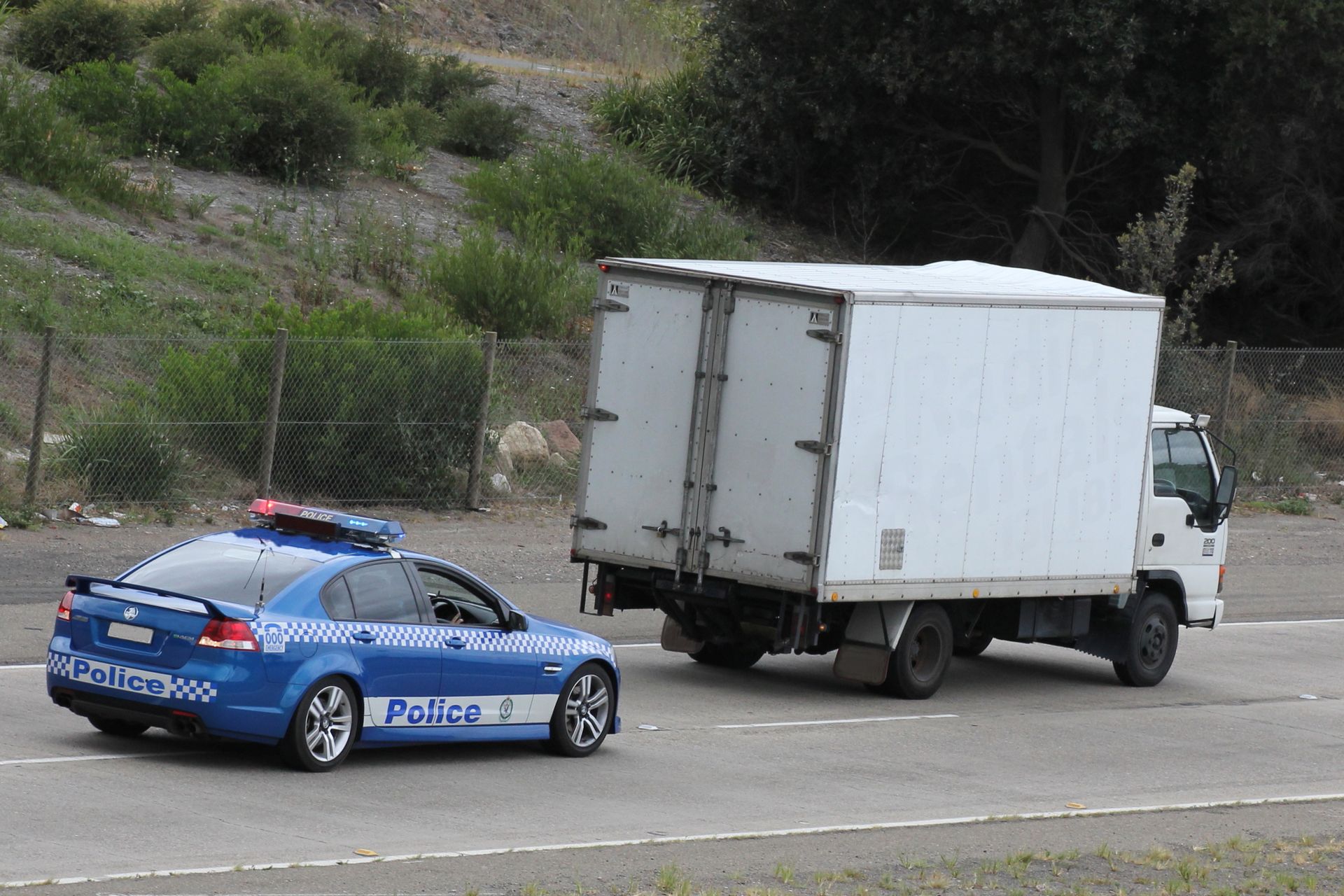What you need to know about an AVO
Kells Lawyers • April 18, 2016
An Apprehended Violence Order (AVO) is a court order that aims to protect a person by restraining another person from doing certain things.
All AVOs have mandatory orders that a defendant must not assault, molest, harass, intimidate or stalk the protected person. AVOs may also have additional orders, such as restraining the defendant from contacting the protected person or going within a certain distance of the protected person’s home or work.
There are two types of AVOs:
1. An Apprehended Domestic Violence Order (ADVO) is made where the people involved have some domestic or personal relationship, for example, they are related, living together or have previously been in such a situation.
2. An Apprehended Personal Violence Order (APVO) is made where the people involved are not related and do not have a domestic relationship, for example, they are neighbours or strangers.
Applying for an AVO
There are two methods in which a person can apply for an AVO.
Firstly, the police may make an application for an Apprehended Violence Order on a persons behalf.
Alternatively, a person can make an application on their through the Local Court.
It must initially be proven that the protected person fears that another person will be violent towards them, harass, intimidate or stalk them. Secondly it must be established that this person’s fear is reasonable, that is, a reasonable person in that position would feel the same fear.
If a person feels unhappy with the police’s treatment of their situation, or would like independent advice about whether their situation warrants an AVO, contact the Criminal Law team at Kells.
Are you facing an AVO?
If a person has been notified that a person has applied for an AVO against them, they should seek advice from a solicitor about defending this order. While an AVO is not a criminal conviction it will be recorded on a police database and can have various effects on a person’s working and home life.
An AVO can affect employment prospects by limiting a person’s ability to work with children if an AVO is made for the protection of a child. A person may also be unable to work as a security officer or police officer if an AVO is in place. An AVO further prevents a defendant from holding a firearms licence while the AVO is in force and for a period of 10 years after it concludes.
An AVO can also make it difficult to maintain relationships with people protected under the AVO. It may affect whether a person can continue to live at their normal residence or even have contact with certain people depending on the precise terms of the AVO.
If you believe that an AVO has been applied for against you unfairly or without warrant, contact Kells to discuss your options in defending the AVO.
This article was written by the Kells Criminal Law Team.

Kells has been delivering outstanding services and legal expertise to commercial and personal clients in Sydney and the Illawarra region for more than five decades. Our lawyers are savvy and understand your needs.
Subscribe
Want to get the latest articles and news delivered to your inbox?




